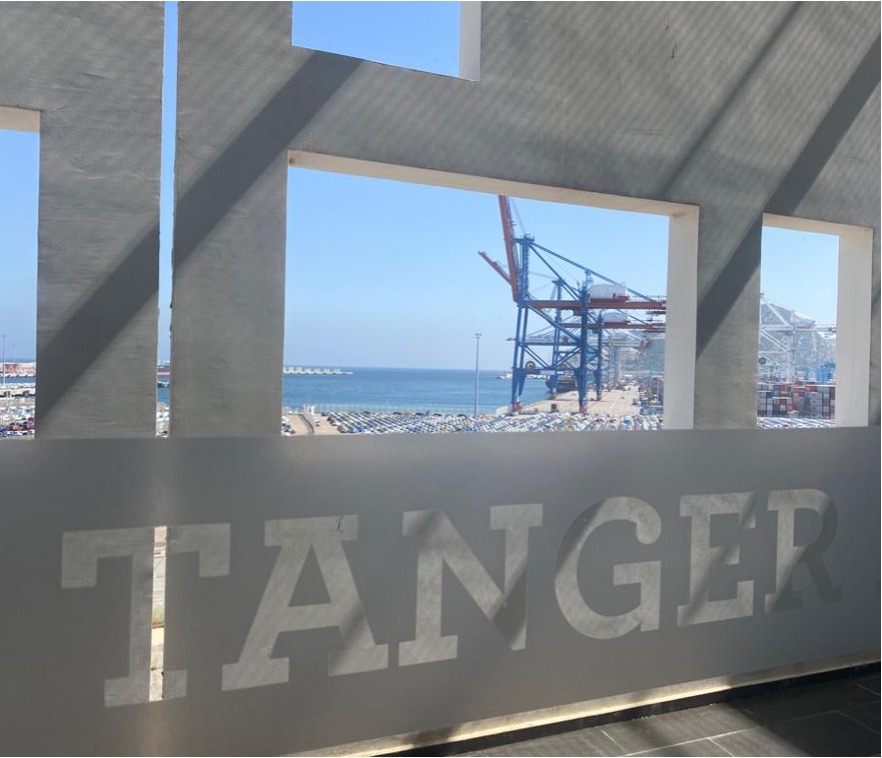Grant for project 'Sea-ing Africa' on legacies and promises of 'Big' infrastructure in Port City Regions in Ghana and Morocco

The project 'Sea-ing Africa: Tracing Legacies and Engaging Future Promises of 'Big' Infrastructure Projects in Port City Regions in Ghana and Morocco' has received the LUF Impulse Grant of €150,000. The researchers of this project are Sabine Luning and Carola Hein (Faculty of Social Sciences and PortCityFutures), Marleen Dekker and Akinyinka Akinyoade (ASCL) and Léon Buskens (Humanities, and the Netherlands Institute Morocco, NIMAR).
‘Sea-ing Africa’ takes infrastructure projects connecting sea, ports and ‘hinterlands’ as lens for addressing societal transformation. Port city territories are infrastructural hubs, where economic flows encounter vulnerable ecological terrains. They are at the heart of histories of wealth extraction/accumulation and, due to their location, particularly threatened by climate change. We bring together experts on history, governance, law, culture, planning, design and spatial sciences to develop various methodologies to achieve understanding and co-create more sustainable and equitable practices that are locally embedded.
This focus is particularly relevant for understanding societal developments in African countries where we witness a ‘re-enchantment’ with big infrastructure notably in coastal and port city regions, often building on colonial legacies and driven by geopolitical and socio-economic interests. Ghana and Morocco serve as examples here for the investigation of extractive processes and the role of export in shaping port city territories.
Colleagues from the Leiden Cultural Anthropology and Development Sociology department, the LDE Centre PortCityFutures (PCF), the ASCL and NIMAR team up with universities and societal partners in Ghana and Morocco, including the Institute of African Studies in Accra, the School of Railways and Infrastructure Development in Takoradi (part of UMaT), AYA Engineering Ltd, the Architecture Schools of Rabat and Casablanca, the Tanger Med Port Authority and the National Ports Authority of Morocco.
The project will consist of a carefully curated series of research and training activities, integrated with Fieldschools in Ghana and Morocco for MA students from Cultural Anthropology and African Studies in Leiden. We will open up these activities to international researchers and students (including from Delft and Erasmus universities). Together we focus on spatial and temporal processes of planning, designing, and realizing big infrastructure for global flows and their impact on local spatial conditions and social arenas. In Ghana we will do this along the tracks of the projected Western railway line connecting the port of Takoradi to extractive zones. In Morocco we will focus on the Tangier-Agadir Corridor which comprises the Tanger Med Free Zone, a railway, and expressway.
Read more about the project plans.
Photo: Tanger Med (طنجة المتوسط ) is a Moroccan industrial port complex, located 45 km northeast of Tangier. Credit: Carola Hein.

